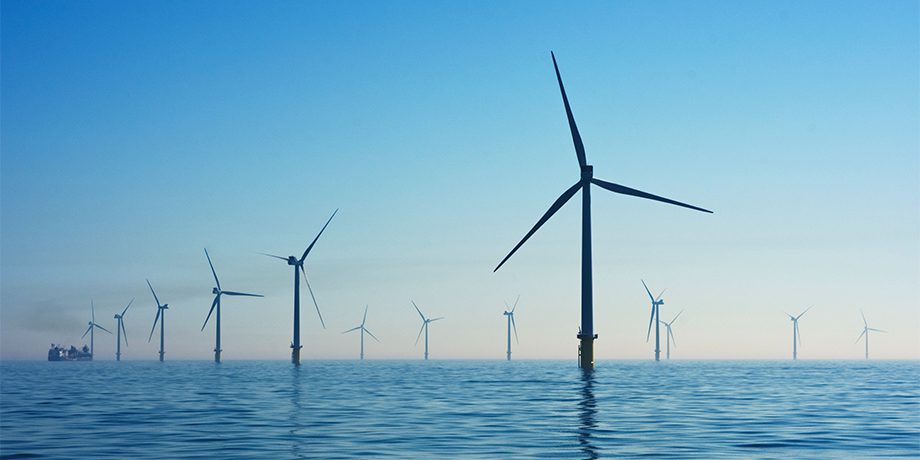Improvements seen in offshore wind farm planning, but the difficult conversations haven’t started yet.
In the buildup to the recently announced Celtic Sea offshore wind leasing round, we have seen the Crown Estate being far more willing to talk with fishermen than they were in the past. It is increasingly apparent that the best – possibly the only – way to mitigate the impact of offshore power development on our industry is to put the turbines in the places where they will cause the least disruption. It’s essential, therefore, that we are able to have some influence right from the start of the process of site selection.
That is what happened here: the CFPO, WFA-CPC, the NFFO, and many individual fishermen worked with the Crown Estate to define the areas in the Celtic Sea that are most important for fishing. As a result, we have ended up with three sites being offered up for lease to the wind farm developers that avoid all the areas that we were most concerned about. It appears that at least some of the many mistakes made in the east coast leasing rounds will not be repeated here.
This is not to say that there will be no problems going forward. The risks to the security of our food supply remain if the UK continues with this headlong rush to industrialise our seas without a genuinely long-term strategy either for energy generation, or for fishing. It would be unfair not to recognise that there have been some significant steps in the right direction, however, and perhaps this partnership between the Crown Estate and the newly-minted Great British Energy will bring some much needed joined-up thinking to the area. GBE itself remains something of a mystery, though, and it is hard to assess its likely impact without more clarity around its role and its capabilities.
We mustn’t lose sight of some basic facts, though. Offshore wind farm leasing drove the Crown Estate’s profits up almost 150%, to £1.1 billion last year. It is reported that its CEO took home £1.9m in that period (more than three and a half times as much as he was paid 5 years ago) and King Charles received a pay rise of £45m. The profits that the wind farm developers will make from building their power stations on these sites and then selling us the electricity are unknown, but they presumably expect them to be similarly astonishing if they are willing to pay so much for the leases. It is obvious that some people are going to do very nicely out of Britain’s seabed being parcelled out like this. In that context, surely talking to us about what they propose to do in advance and taking some basic steps not to irreparably damage fishing businesses and coastal communities is the very least that we should be able to expect from the Crown Estate and others. That they have not done so until the last couple of years is shameful.
If we are going to continue changing the way that we use our seas like this, then it is long past time that we had a proper conversation about using some of the profits to ensure a just transition for fishermen and fishing communities. The last government seemingly had no interest in holding that conversation: perhaps the new one will.

